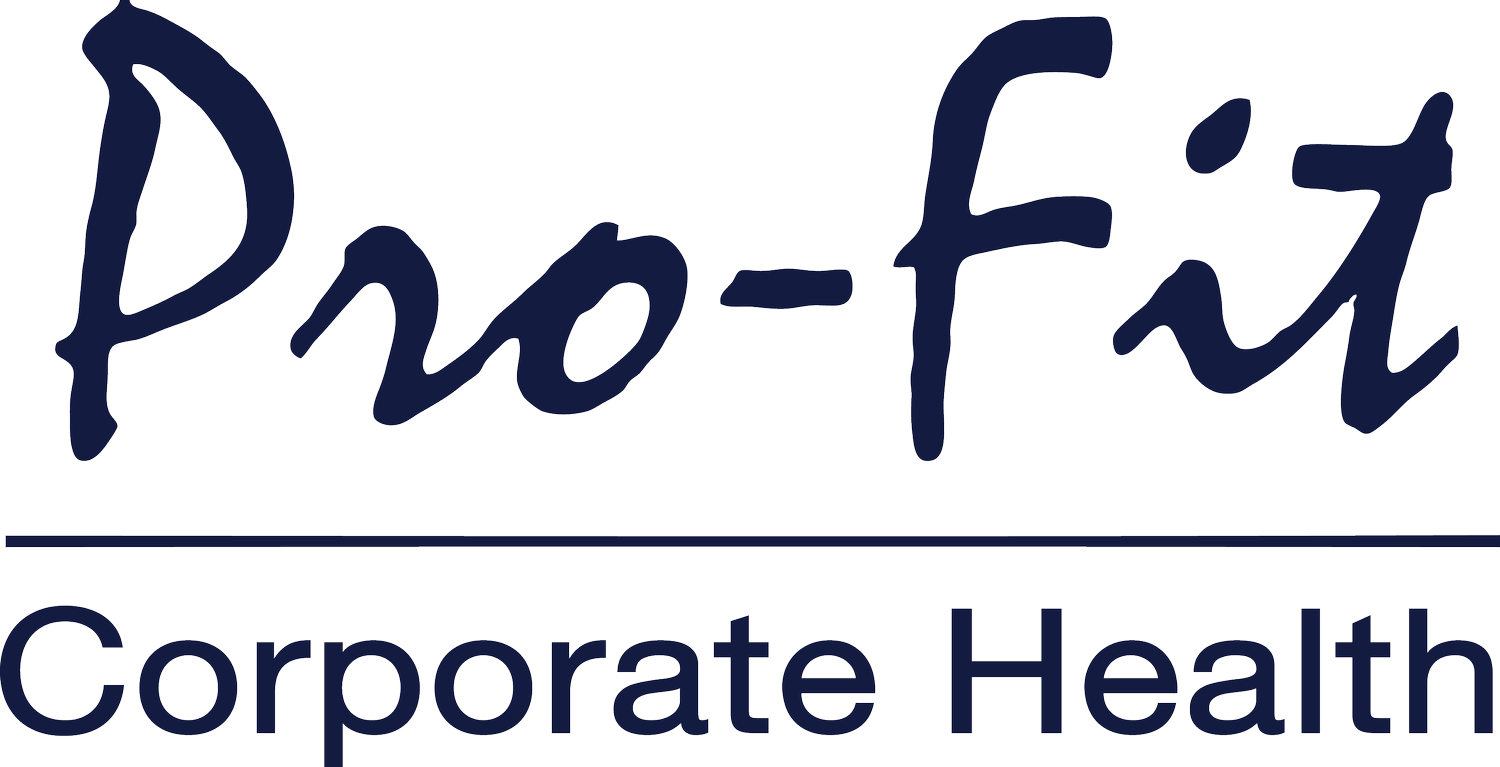Confused by cholesterol?
Cholesterol is a waxy, fat-like substance found in the cells of your body. It is important for various bodily functions, including the production of hormones, vitamin D, and bile acids. There are different types of cholesterol, which are classified based on their protein associations and their effects on health. The main types of cholesterol include:
Low-Density Lipoprotein (LDL) Cholesterol: LDL cholesterol is often referred to as "bad" cholesterol because it contributes to the buildup of plaque in the arteries. When there is an excess of LDL cholesterol in the bloodstream, it can accumulate on the artery walls, leading to a condition known as atherosclerosis. Atherosclerosis increases the risk of heart disease, heart attacks, and strokes.
High-Density Lipoprotein (HDL) Cholesterol: HDL cholesterol is commonly known as "good" cholesterol because it helps remove LDL cholesterol from the arteries and carries it back to the liver for processing and excretion. HDL cholesterol has a protective effect on the cardiovascular system. Higher levels of HDL cholesterol are associated with a lower risk of heart disease.
Very-Low-Density Lipoprotein (VLDL) Cholesterol: VLDL cholesterol is a type of cholesterol that is produced by the liver. It carries triglycerides (a type of fat) and cholesterol to the tissues throughout the body. VLDL cholesterol is considered undesirable because it can be converted into LDL cholesterol in the bloodstream.
Total Cholesterol: Total cholesterol refers to the overall amount of cholesterol in your bloodstream, including LDL, HDL, and VLDL cholesterol. It is measured as millimoles per Litre (mmol/L) of blood.
Triglycerides: Triglycerides are another type of fat found in the blood. While they are not a type of cholesterol, they are often measured alongside cholesterol levels. High levels of triglycerides, combined with low levels of HDL cholesterol, are associated with an increased risk of heart disease.
When you undergo a blood test, your healthcare provider typically measures your total cholesterol, HDL cholesterol, LDL cholesterol, and triglycerides to assess your overall cholesterol profile. Maintaining healthy cholesterol levels is essential for cardiovascular health, and lifestyle changes, such as a healthy diet, regular exercise, and medication (if necessary), can help manage cholesterol levels and reduce the risk of heart disease. It's important to consult with your healthcare provider for personalised advice and treatment options.
